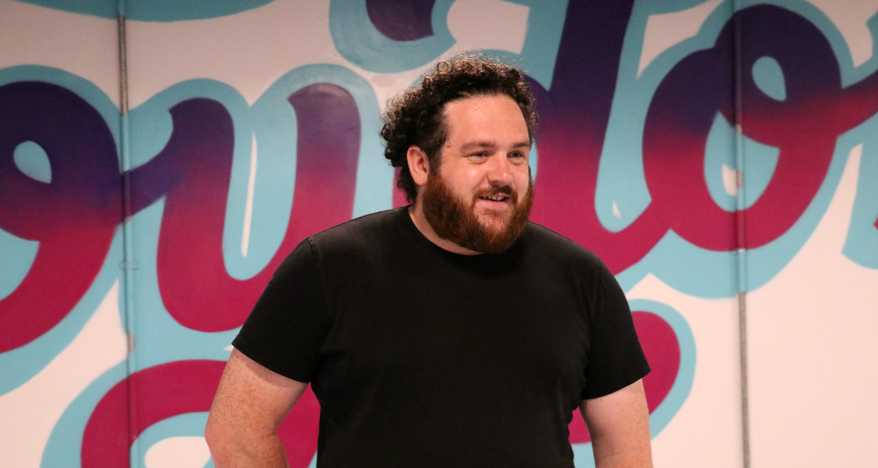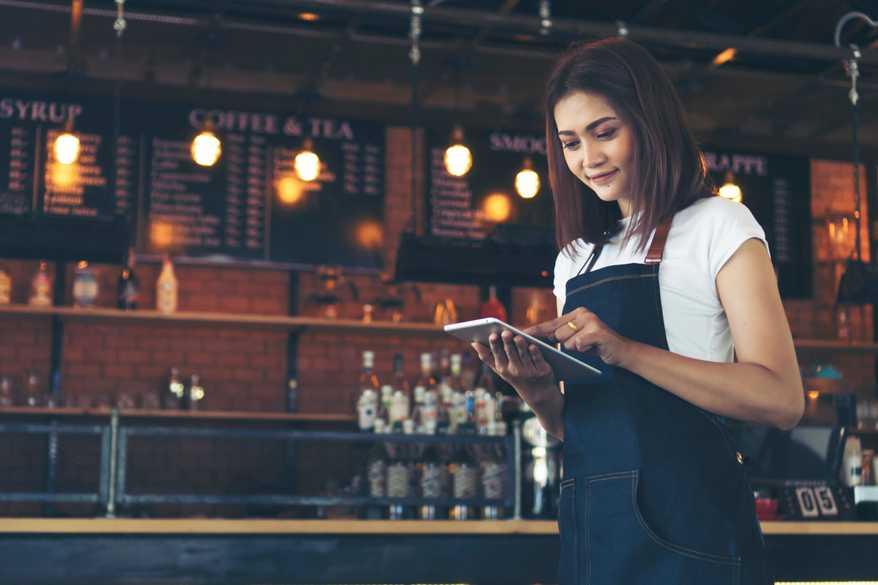With England back open for business and all restrictions lifted, hospitality businesses can breathe a sigh of relief. COVID-19 has thrown challenge after challenge at the industry over the past 16 months, but we’ve certainly learnt a lot. So what positives can we take from it all? Here’s what we’ve seen and heard from our clients.
Al fresco dining isn’t just for summer months
There’s nothing quite like April showers to test our love for al fresco dining. That and the fact that April 2021 was the frostiest April in at least 60 years. But that didn’t stop us returning to pubs, bars and restaurants when they opened on 12th April for ‘outdoor only’ drinking and dining. In fact, like-for-like sales were 45% higher than in the week from 4th July 2020 (for those who were trading in the seven days from Monday 12th April). If that doesn’t tell you the English public are willing to dine outside come rain, wind… or frost, we’re not sure what does.
Admittedly many of the 38.2% of hospitality businesses in England that have outdoor space, took the time during lockdown to improve their outdoor areas and cater for the inevitably variable weather. From outdoor heating, to additional shelter, outdoor areas are more weatherproof than ever. Leaving many hospitality businesses set for al fresco dining – whatever the weather.
Technology can have a positive impact on so many areas of a hospitality businesses
Technology has played a big part in hospitality businesses for a long time now. But COVID-19 really shone the light on just how many areas tech could be beneficial.
The likes of paperless menus, contactless ordering and track and trace became a must; but many took the downtime that came with multiple lockdowns to look at how technology could benefit other areas of the business. Some revisited their EPOS or reservation systems, others turned to rota software and payroll solutions. And some took the opportunity to do it all…
We used to produce timesheets on pieces of paper – it was so manual it was ridiculous. Rotaready was in place for when we reopened on the 4th July which was great! Alongside this we changed how we do payroll, so that whole process is a lot more efficient.
We’ve also invested in making the guest journey as contactless as possible in order to help our customers feel safe. This has involved changes to our till system and the introduction of tablets and table ordering.
David Scott, CEO – The Hotel Folk
From helping customers feel safer to running your hospitality business more efficiently, technology is playing a more crucial role in hospitality businesses than ever before.
New cleaning processes that are here to stay
Hospitality businesses have had to adapt their cleaning processes as a direct result of the pandemic; from the addition of hand sanitiser and disinfecting tables after every restaurant booking, to tweaking check out times at your hotel to allow enough time for a deep clean. Whether it makes your customers more comfortable or it’s a new way of doing things that you’ve just grown rather fond of – many of these new cleaning processes will be here to stay.
The rise of takeaway and delivery services
It’s safe to say that there are certain cuisines we associate with takeaway, and there are certainly dishes that travel better. Traditionally a takeaway experience is very different to a restaurant experience, with some businesses opting not to offer takeaway at all. But when COVID-19 forced hospitality businesses to close, many had to reconsider; turning to the likes of JustEat, UberEats and Deliveroo to help them take the restaurant experience to their customers. With customers unable to dine in and more hospitality businesses unable to open, takeaway and delivery sales more than tripled during the first 12 months of the pandemic.
When pubs, bars and restaurants reopened for indoor dining in May, many expected takeaway and delivery sales to plummet. However May’s delivery and takeaway sales at some of Britain’s leading restaurant and pub groups were 273% higher than in May 2019. There’s certainly still a demand for takeaway, meaning those who are able to continue the service they delivered during the pandemic, are able to maintain a whole new revenue stream alongside their traditional dine in experience.
The hospitality industry is really quite flexible
COVID forced many businesses to adapt in order to survive, restaurant businesses in particular. Not being able to welcome customers through their doors for several months meant they had to find ways of getting the restaurant to their customers. As mentioned previously, many did this through takeaway and delivery services. But for some this wasn’t feasible, leading them to take a different approach in the form of a ‘meal kit’. During lockdown we caught up with Pizza Pilgrims Co-Founder, Thom Elliot, who explained why they took the decision to introduce home meal kits, and where the inspiration came from:
Initially we tried out Deliveroo – which did really well, but we needed something a little extra. Survival was the key player. Our Victoria site had to make more money than we were paying out in order for us to continue.
So, we started to look into other revenue streams, when my brother James suggested an idea that we had toyed with 3-4 years ago. What if we could provide our customers with everything they need to make our pizzas at home?
Thom Elliot, Co-Founder – Pizza Pilgrims
We saw something similar from Hickory’s who say their meal kit ‘Hickory’s at Home’ is here to stay beyond lockdown!
Hickory’s At Home is here to stay. Feedback from our guests has been really encouraging and we are extremely excited that we can now bring the Hickory’s offering to a national audience.
John Welsh, Managing Director – Hickory’s
From home meal kits, to takeaway pints and virtual wine tastings – the hospitality industry adapted in ways many may not have initially thought possible.
It’s given us the time to make improvements
Hospitality businesses having to close has given owners the time to look at areas of their business that may previously have been overlooked, or put to the bottom of the pile due to other priorities. David Scott, CEO at The Hotel Folk explains how he took the time during lockdown to make positive changes to the hotel business.
I’ve definitely tried to use the time in lockdown positively rather than dwelling on how terrible it all is. Being closed has given us the time to look into how we can make things better. It’s given us the opportunity to think about things differently and focus on projects and ways of improving the business.
David Scott, CEO – The Hotel Folk
Having had the time to make improvements and invest in business efficiency has put many hospitality businesses in the best possible position when they reopen. And perhaps taught us that we should set a bit more time aside to look at ‘the little things’ every now and again.
We’d love to hear from you…
Have you seen any other positives off the back of lockdown? After 16 months of very challenging times, we’d love to add more positive experiences to this list. Let us know what you’ve learnt at comms@rotaready.com. Wishing you all the best of luck with the return to normality!

